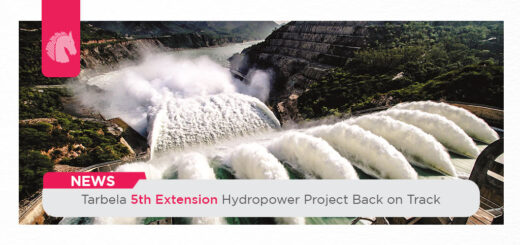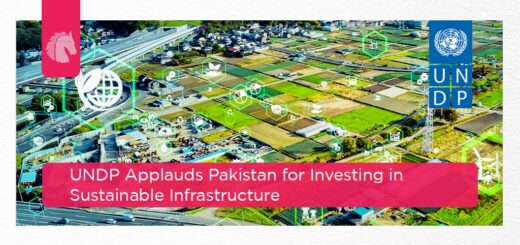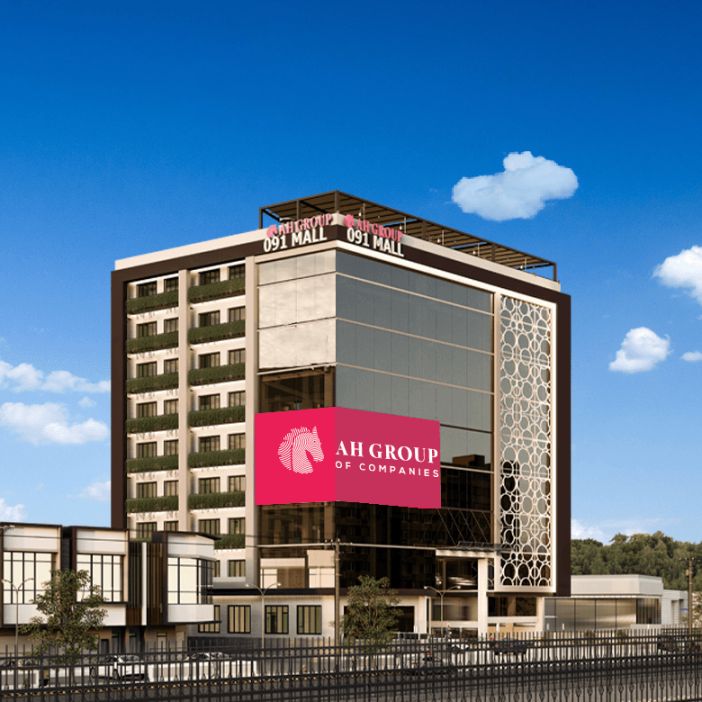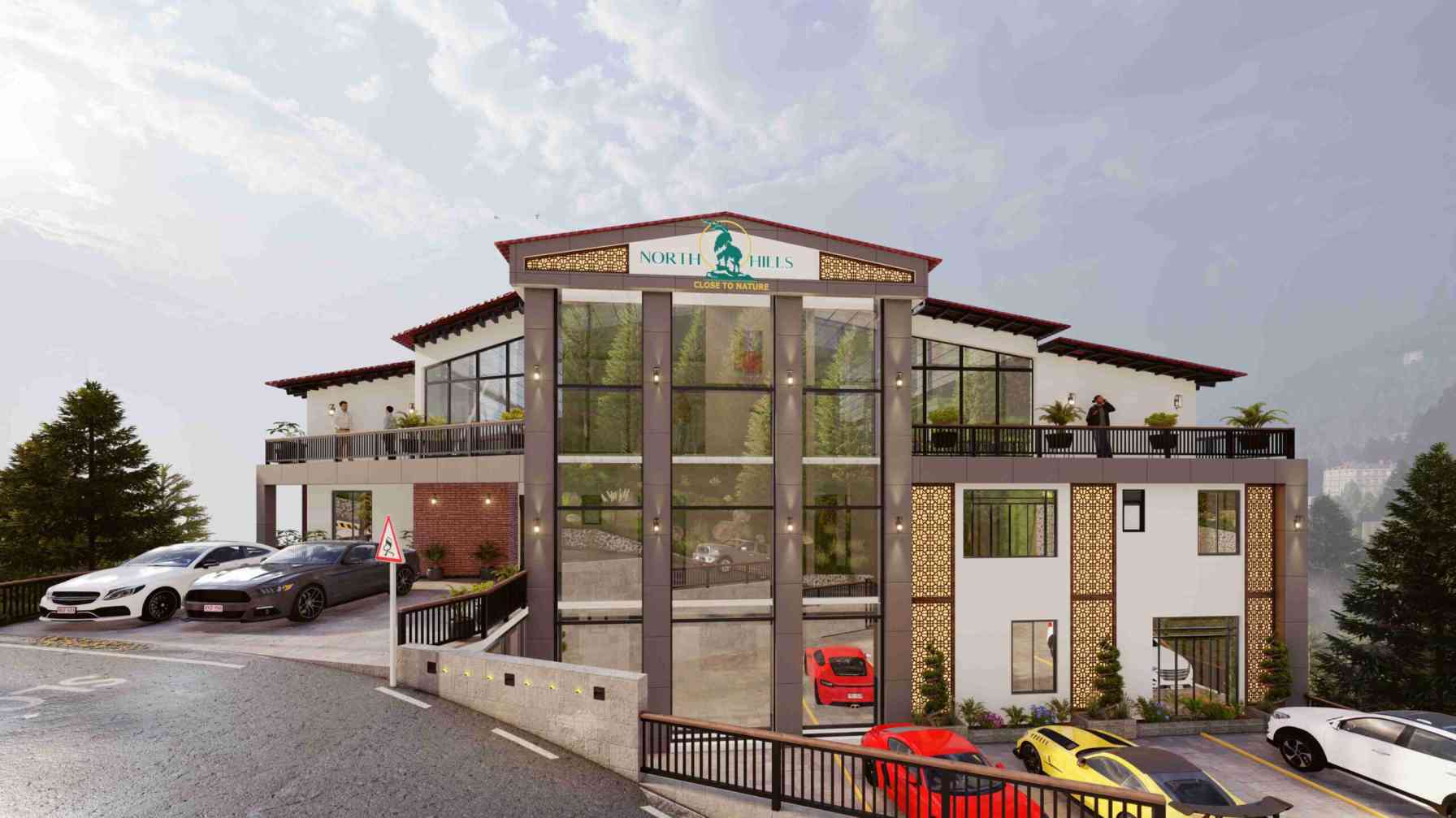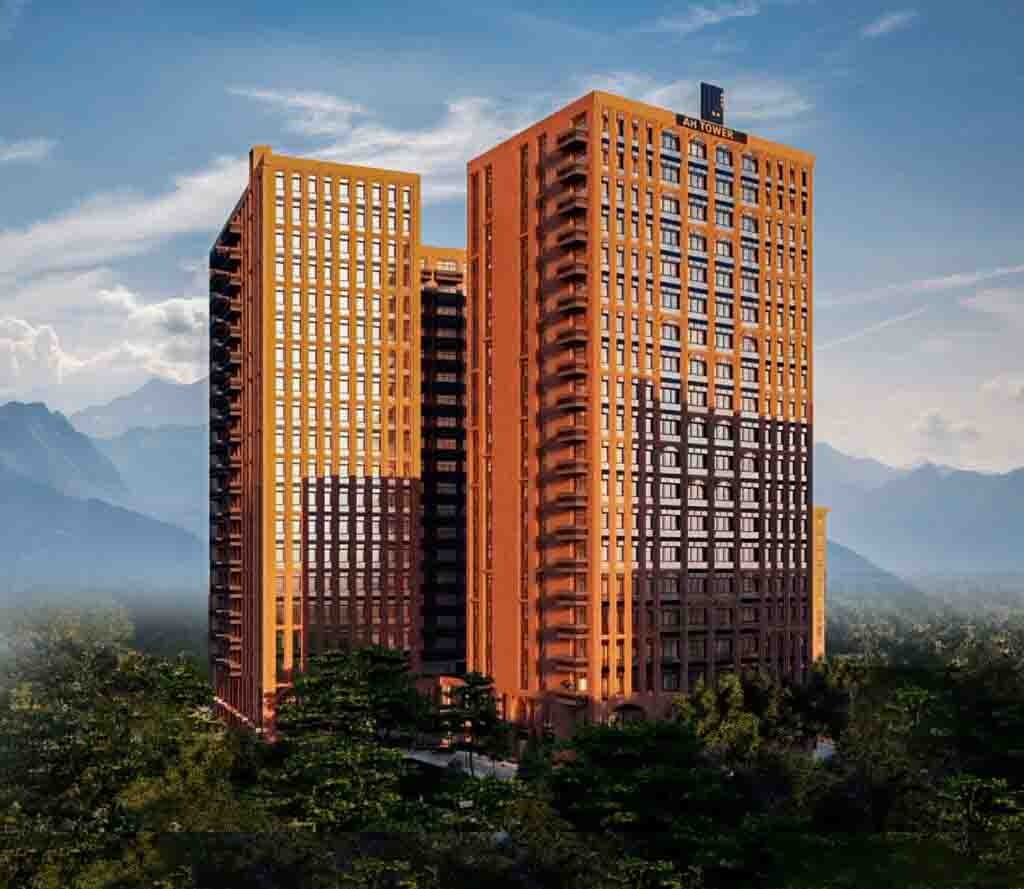Understanding The New Generation Of Real Estate: PropTech
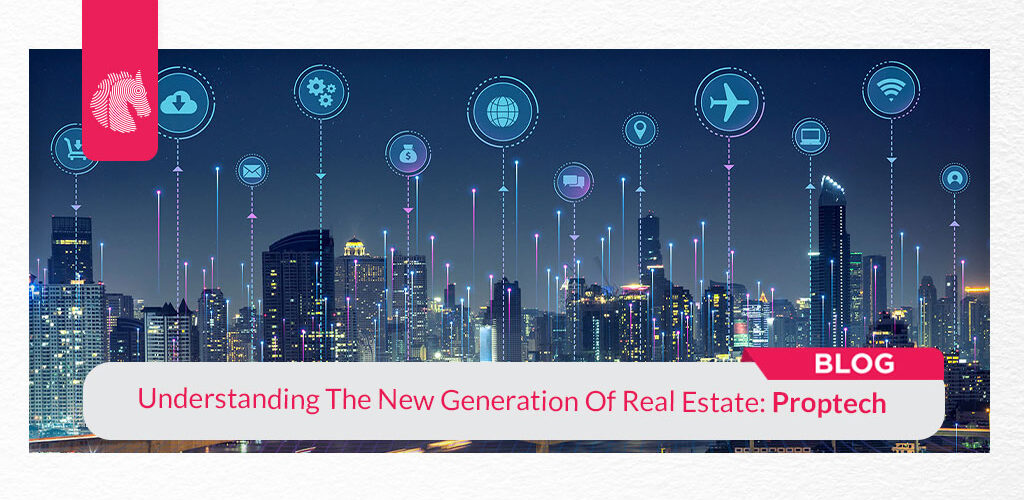
PropTech, simply put, is the merging of Property and Technology. Examples such as AirBnB, Garaana, Zoopla and such have been around for longer than we thought and in today’s blog we will dive into the basic concept of PropTech as well as a small dive into its history and advantages.
What Is PropTech?
To address the challenges caused by distance and location, the terms “property” and “technology” were merged to produce a technology innovation. PropTech is a technological advancement that is disrupting every industry vertical. It includes real estate assets such as construction (ConTech), investments (FinTech), buying, selling, and renting, and it provides efficient management and transparent transactions.
The First Wave: PropTech 1.0 (1980’s-2000s)
When personal computers were becoming commonly accessible in the 1980s, the property sector saw an important digital shift.
The real estate industry’s implementation of technology to provide empirical models for portfolio management and investment set off a chain reaction. This resulted in an urge for improved development tools from tech firms for critical tasks such as financing, accounting, and data analysis.
The Second Wave: PropTech 2.0 (2000-2008)
The second wave of PropTech emerged in 2000, when major organizations implemented the traditional real estate transaction concept and developed e-commerce software that transacted in digital real estate.
The Third Wave: PropTech 3.0 (2008-present)
The emerging InfoTech trends, as well as technology itself, pressed the third phase of technical innovations. The start-up economy, smartphones, and expanding internet access all aided in the transition of data input and collection, which altered how people buy, sell, and rent real estate.Aside from the increasing importance of presence on social media, companies and software have developed techniques to facilitate sophisticated interactivity and insight.
According to the Pakistan’s Board of Investment, Pakistan’s property market presently accounts for roughly one-third ($15 billion) of the construction industry’s $50 billion contribution to the nation’s GDP.
PropTech Is Reshaping Pakistan’s Property Investment Destiny
In recent times, Pakistan’s property market has expanded rapidly. PropTech’s emergence in Pakistan has helped bring cutting-edge innovations to the table and altered the way companies operate.
The term “PropTech” refers to the implementation of technology to improve and optimize the real estate industry. According to Future Market Insights, the PropTech business, which is currently worth $18.2 billion, is projected to expand to $86.5 billion by 2032.
Investors are listening carefully as it has gained traction in Pakistan in recent years. PropTech seeks to enhance the effectiveness, transparency, and availability of the real estate sector. Pakistan’s real estate industry has traditionally been scattered and uses technology infrequently.
Nonetheless, the quantity of PropTech companies operating within the nation has increased substantially over the past few years. Technology is being used to confront a number of major issues tackling Pakistan’s real estate industry, such as a transparency deficit, high transaction costs, and slow property sales.
One of the most pressing issues confronting the Pakistani property industry right now is that it requires greater transparency. In the past, cash-only real estate transactions in Pakistan were common, requiring minimal to no supporting documentation.
Buyers and sellers are regularly misled about the accurate value of a property as a consequence of the prevalent fraud and corruption exacerbated by this. Startup companies in Pakistan’s real estate tech industry are currently evolving to address this issue by offering more precise and transparent property information.
Pakistan PropTech Services
In Pakistan’s PropTech industry, numerous portals that incorporate multiple real estate market sectors have surfaced. These platforms offer real estate crowdsourcing, property maintenance, and real estate listings.
Property Management Services
Facilities management is another domain in which PropTech is making a difference in Pakistan. Real estate management companies provide facilities such as collecting rent, tenancy management, tenant vetting, and maintenance services. They furthermore offer virtual tours of the properties such that prospective tenants can view them from afar.
Fundraising in the Real Estate Industry
Real estate crowdfunding is another domain of the PropTech industry that is growing worldwide. Crowdfunding platforms allow investors to combine their finances and invest in projects related to real estate.
They offer an array of real estate endeavors, such as housing, business, and manufacturing properties. Despite the tremendous demand from Pakistan for investments in property, the lowest investment required for places with greater profits is far too much for the vast bulk of middle-class people.
Property Metrics and Learnings
Proptech is now also modifying the method real estate statistics is gathered and analyzed in Pakistan. PropSure, Pakistan’s first online property verification mechanism, provides real estate information and insights, such as information on housing prices, market dynamics, Proptech trends, investment prospects, and property validation.
PropSure, in specific, includes the verification of an amount of real estate qualities, such as the floor plans (Lay Out Plan) authorization status, the qualified jurisdiction (for handling approvals in its jurisdiction area), the address (including the plot number, street number, gali number, and road name), the plot LOP authorization status, the total area (square yards), and the type of property use permitted in the approved layout plan.
Conclusion
To conclude, Proptech has changed the real estate landscape in Pakistan, and continues to change it with further advances in technology. As PropTech and technology are intertwined, the possibilities of the future are endless and pose an upward trajectory for Pakistani citizens, especially those who find it relatively difficult to invest absurdly large amounts. It provides structure to what was once a very unstructured part of Pakistan’s real estate industry.

